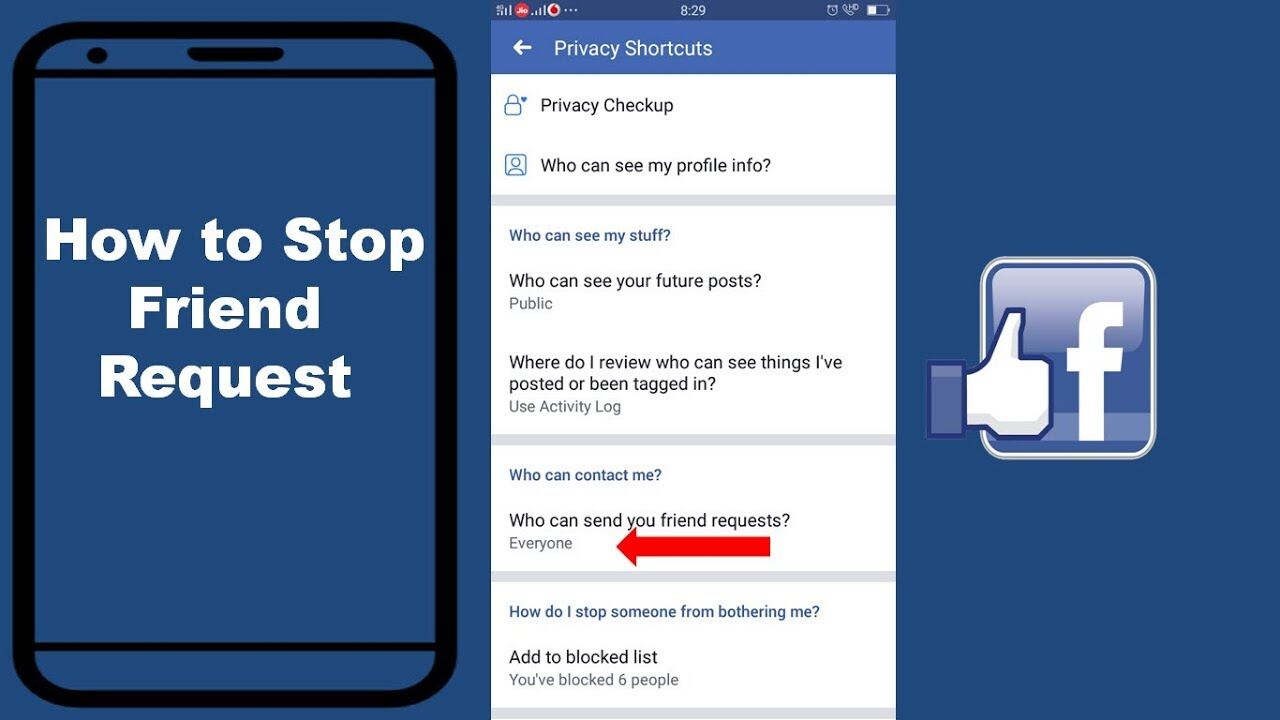Ever since Facebook started allowing people to add friends from other websites, a lot of people have been asking why they’re getting so many friend requests. The answer is simple: because you’re letting people add you.
Random Facebook Friend Requests, What Should You Do About Them?
The Psychology of Friend Requests on Facebook
When you get a friend request on Facebook, there are a few things going on inside your head.
The first is that you are seeing someone’s profile and you want to be friends with them.
The second is that you are assessing whether the person is worth your time.
The third is that you are checking to see if they are someone you would want to be friends with.
The fourth is that you are wondering how you will respond to the friend request.
The fifth is that you are considering whether you want to accept the friend request.
There are a few things to keep in mind when accepting a friend request:
1. You should only accept a friend request from someone you know.
2. You should only accept a friend request from someone you would want to be friends with.
3. You should respond to a friend request within 24 hours.
4. You should never view a friend’s profile without first being friended.
5. You should never accept a friend request from someone you do not know.
The Social Pressure to Accept Every Friend Request
There are a few reasons why you may be receiving friend requests from people you don’t know on Facebook. The first reason is that Facebook is a social networking site where people can connect with friends and family. If you’re not on Facebook, your friends may be thinking of you and want to connect.

The second reason is that Facebook allows you to accept or decline friend requests. If you accept a friend request, the person will be able to see your profile and all of the posts you’ve made on Facebook. If you decline a friend request, the person won’t be able to see your profile or posts, but they will still be able to see the posts that you’ve made about them.
The final reason is that people may be sending you friend requests because they want to be friends with you. If you’re not interested in being friends with the person, you can decline their request.
The Fear of Missing Out on Facebook
There are a few reasons why someone might be getting a lot of friend requests on Facebook. Perhaps they’re popular on the site, or they’ve been doing something that’s been attracting a lot of attention. Whatever the reason, it’s important to consider whether or not accepting these requests is a good idea.
If you’re getting a lot of friend requests on Facebook, it’s likely because you’re popular on the site. Popularity is a valuable commodity on Facebook, and users will often try to get close to people they think are impressive or likable. However, popularity can also be a trap.
When you’re popular on Facebook, you might start to feel like you have to keep up the act. You might feel like you need to post constantly or answer every comment. In the long run, this can actually damage your profile.
If you’re getting a lot of friend requests on Facebook, it’s probably because you’re popular on the site.
Another reason you might be getting a lot of friend requests on Facebook is that you’ve been doing something that’s been attracting a lot of attention. For example, if you’ve been writing really popular posts, your followers might want to be friends with you too.
However, it’s important to remember that popularity and attention don’t always lead to success. If you’re not careful, you might start to feel like you have to keep up the act. This can lead to burnout, and
The Convenience of Facebook Friend Requests
There are a few reasons why Facebook users may be receiving friend requests from individuals they do not know.
First, Facebook makes it easy for friends to connect with one another. If you are friends with someone on Facebook, they can easily send you a request to become friends again. Facebook also allows friends to see what friends are up to and post updates about their lives.
Second, Facebook offers a way for businesses and organizations to connect with their customers. If you are connected with a business or organization on Facebook, they can send you a friend request to get to know you better.
Finally, friends may contact one another on Facebook because they want to catch up on what is happening in each other’s lives. If you are not friends with someone on Facebook, they may send you a friend request to connect with you.
Also Read:- Facebook Dating | Easy Tips Find Perfect Match
The Addictive Nature of Facebook
Facebook is a social networking site with over 1.5 billion active users as of February 2017. It allows users to communicate with friends, family, and other people they know by posting updates and messages. The site also allows users to connect with people from all over the world.
The addictive nature of Facebook is due to its social interaction. The site allows users to communicate with friends and family, and to see updates from people they know. This interaction is what makes Facebook addictive.

The site also allows users to connect with people from all over the world. This aspect of the site is what makes it so interesting. Users can learn about new cultures and customs. They can also find friends from all over the world.
The site is also updated frequently. This means that users are always kept up to date on what is happening in their friends’ lives. This makes Facebook an interesting site to visit.
Conclusion
There are a few reasons why you may be receiving friend requests on Facebook. One possibility is that you’ve inadvertently shared your Facebook profile on a website or app that is not affiliated with Facebook. If you’ve recently changed your privacy settings on Facebook, it may be that others have noticed the change and are inviting you to join their Facebook groups. Finally, your friends may have seen you post something on Facebook that they like and they want to reach out to you on the social media platform.



